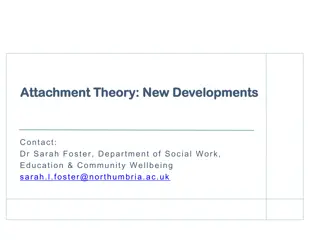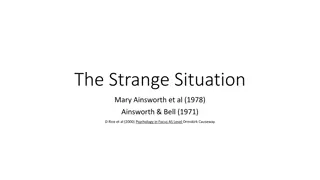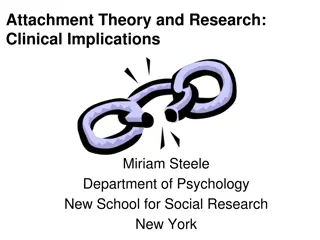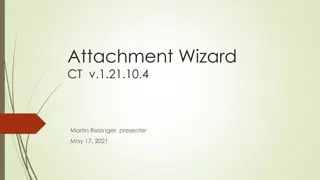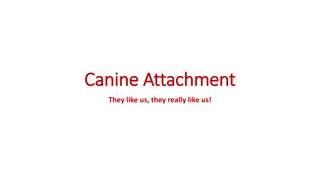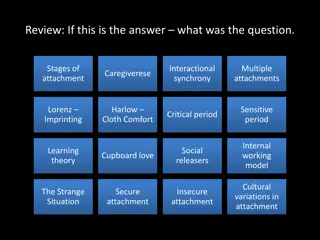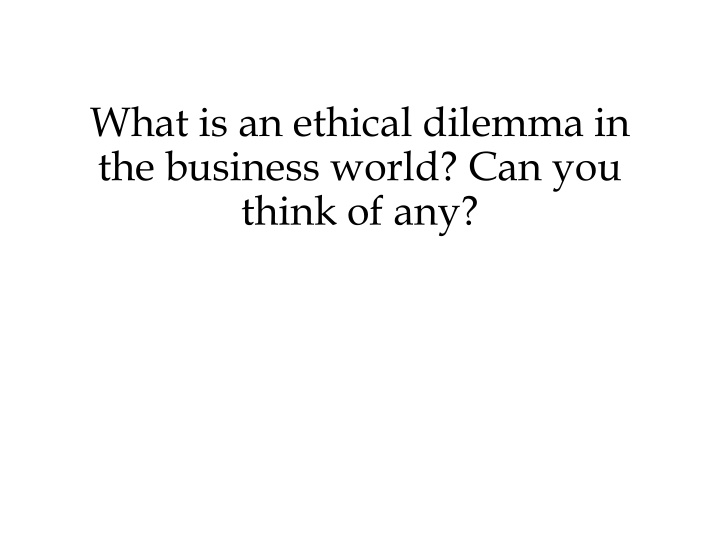
Ethical Dilemmas and Normative Approaches in Business Ethics
Explore ethical dilemmas in the business world and learn about normative theories to determine what is right or wrong. Delve into utilitarian, rights, justice, and virtue approaches for ethical decision-making.
Download Presentation

Please find below an Image/Link to download the presentation.
The content on the website is provided AS IS for your information and personal use only. It may not be sold, licensed, or shared on other websites without obtaining consent from the author. If you encounter any issues during the download, it is possible that the publisher has removed the file from their server.
You are allowed to download the files provided on this website for personal or commercial use, subject to the condition that they are used lawfully. All files are the property of their respective owners.
The content on the website is provided AS IS for your information and personal use only. It may not be sold, licensed, or shared on other websites without obtaining consent from the author.
E N D
Presentation Transcript
What is an ethical dilemma in the business world? Can you think of any?
How do you determine what is right or wrong when faced with an ethical dilemma?
In a Business Ethics class, we often start by learning about normative theories which are theories about what is right and wrong
Normative Theories Utilitarian Approach: To analyze an issue using the utilitarian approach, we first identify the various courses of action available to us. Second, we ask who will be affected by each action and what benefits or harms will be derived from each. And third, we choose the action that will produce the greatest benefits and the least harm. The ethical action is the one that provides the greatest good for the greatest number. https://www.scu.edu/ethics/ethics-resources/ethical-decision-making/thinking- ethically/
Normative Theories Rights Approach: In deciding whether an action is moral or immoral using this second approach, then, we must ask, Does the action respect the moral rights of everyone? Actions are wrong to the extent that they violate the rights of individuals; the more serious the violation, the more wrongful the action. https://www.scu.edu/ethics/ethics-resources/ethical-decision-making/thinking- ethically/
Normative Theories Justice Approach: How fair is an action? Does it treat everyone in the same way, or does it show favoritism and discrimination? Favoritism gives benefits to some people without a justifiable reason for singling them out; discrimination imposes burdens on people who are no different from those on whom burdens are not imposed. Both favoritism and discrimination are unjust and wrong.. https://www.scu.edu/ethics/ethics-resources/ethical-decision-making/thinking- ethically/
Normative Theories Virtue Approach: Virtues are attitudes or character traits that enable us to be and to act in ways that develop our highest potential. They enable us to pursue the ideals we have adopted. Honesty, courage, compassion, generosity, fidelity, integrity, fairness, self-control, and prudence are all examples of virtues. In dealing with an ethical problem using the virtue approach, we might ask, What kind of person should I be? What will promote the development of character within myself and my community? https://www.scu.edu/ethics/ethics-resources/ethical-decision-making/thinking- ethically/
Dilemma Your team member has just told you that the Ethics Office has received a report from a whistleblower that someone within your offices is sending some intellectual property to a foreign government s Ministry of Intelligence in order to build up the country s technological infrastructure. Your firm wants to monitor all non-executive employees internal and external internet usage in the office and at home to see with whom they are communicating. Some of this data may be turned over to the United States government for further investigation. Should such monitoring be allowed?
Which Normative Approaches appear in your reasons?
https://www.jpmorganchase.com/corporate/About-JPMC/ab-business-principles.htmhttps://www.jpmorganchase.com/corporate/About-JPMC/ab-business-principles.htm
Which Normative Approaches appear in J.P. Morgan Chase & Co. s Business Principles ?
REFERENCES 1. Benjamin, K. & Skinner, C. 2020. Get It Done. NY Federal Reserve Bank: Education & Industry Forum. 2. JP Morgan Chase Principles. 2020. Business Principles. https://www.jpmorganchase.com/corporate/About-JPMC/ab-business- principles.htm 3. Stanford Encyclopedia of Philosophy. https://plato.stanford.edu/ 4. Velasquez, M. & Andre, C. 2015. Thinking Ethically. https://www.scu.edu/ethics/ethics-resources/ethical-decision-making/thinking- ethically/ 5. Von Kriegstein, H. 2017. In Your Face: A Decision Regarding Privacy and Technology in a Hiring Process. Ted Rogers School of Management: Ethical Leadership Case Study Collection.


